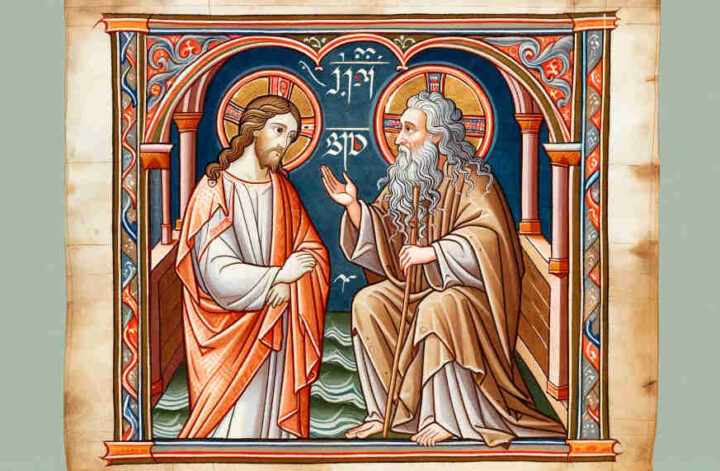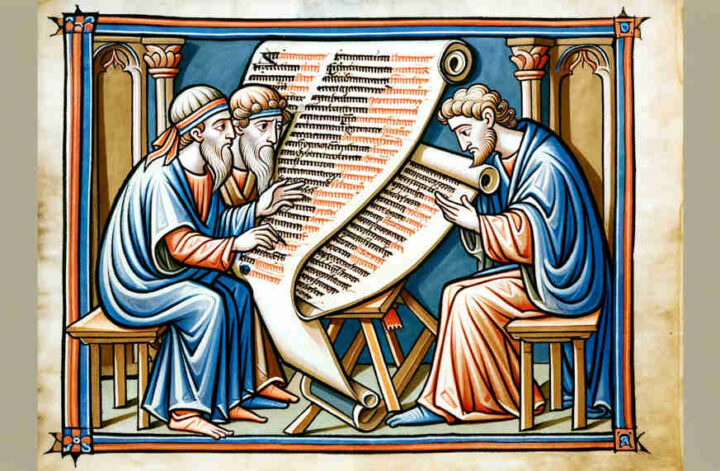Email from a reader: “Dear Rabbi Joshua, I am studying the Noahide Laws and am particularly interested in understanding what constitutes blasphemy under these laws. Could you please explain this concept? Kind regards, Jonathan Silver”
Dear Jonathan,
Your inquiry into the nature of blasphemy according to the Noahide Laws is a thoughtful one, delving into the nuances of moral and spiritual conduct expected of all humanity.
Blasphemy in Noahidism:
Blasphemy, within the framework of the Noahide Laws, primarily refers to the act of cursing God or denying God’s existence in a disrespectful manner. It is considered one of the seven fundamental laws given to humanity, representing a key aspect of maintaining a respectful and reverent relationship with the Divine.
The Significance of Speech:
In Jewish thought, speech is endowed with immense power and is considered a uniquely human attribute that can elevate or degrade the individual and society. Blasphemous speech, therefore, is not just seen as a verbal transgression but as an act that fundamentally disrupts the moral order and shows disregard for the sanctity of the Divine.
The prohibition against blasphemy underscores the importance of using speech for positive, respectful, and constructive purposes, particularly in matters relating to the Divine.
Broader Interpretations:
While the classical interpretation of blasphemy involves direct, disrespectful utterances against God, broader interpretations consider actions and attitudes that show contempt for God’s commandments and the moral order as blasphemous. This can include promoting ideologies or behaviors that fundamentally contradict the ethical and moral principles inherent in the Noahide Laws.
Context and Intention:
It is important to note that context and intention play a crucial role in what is considered blasphemous. Casual or unintentional speech that does not stem from a place of disrespect or malice is typically not viewed under the same severe lens as deliberate and malicious blasphemy.
Jonathan, your interest in understanding the deeper aspects of the Noahide Laws is commendable. Recognizing the gravity and impact of our words and actions in relation to the Divine is a crucial step in spiritual and moral growth, for both individuals and communities.
Warm regards,
Rabbi Joshua


